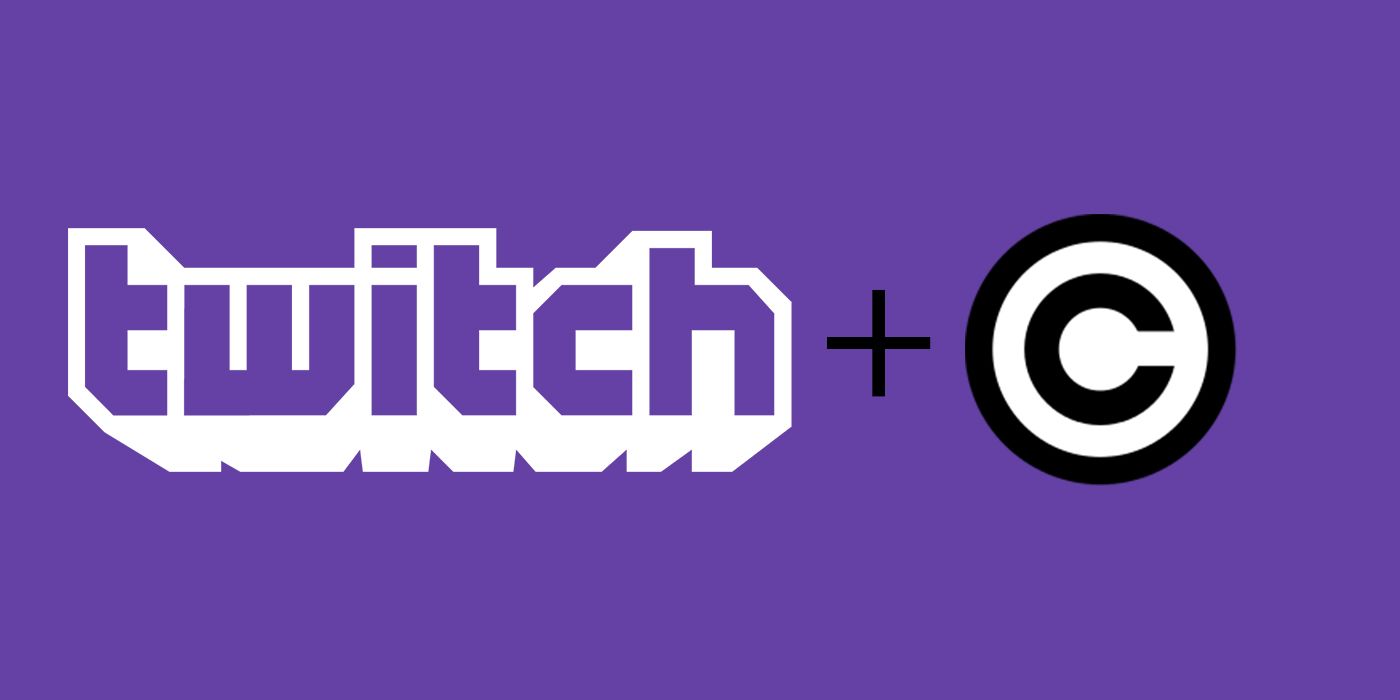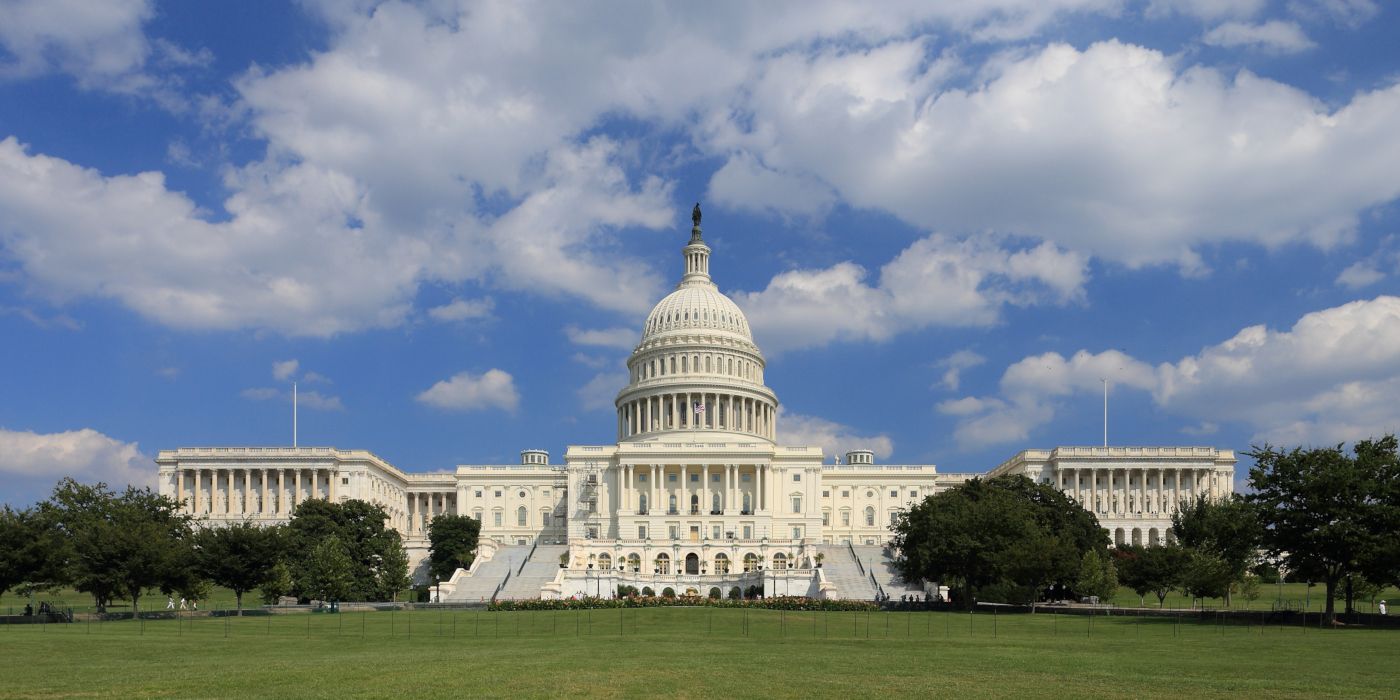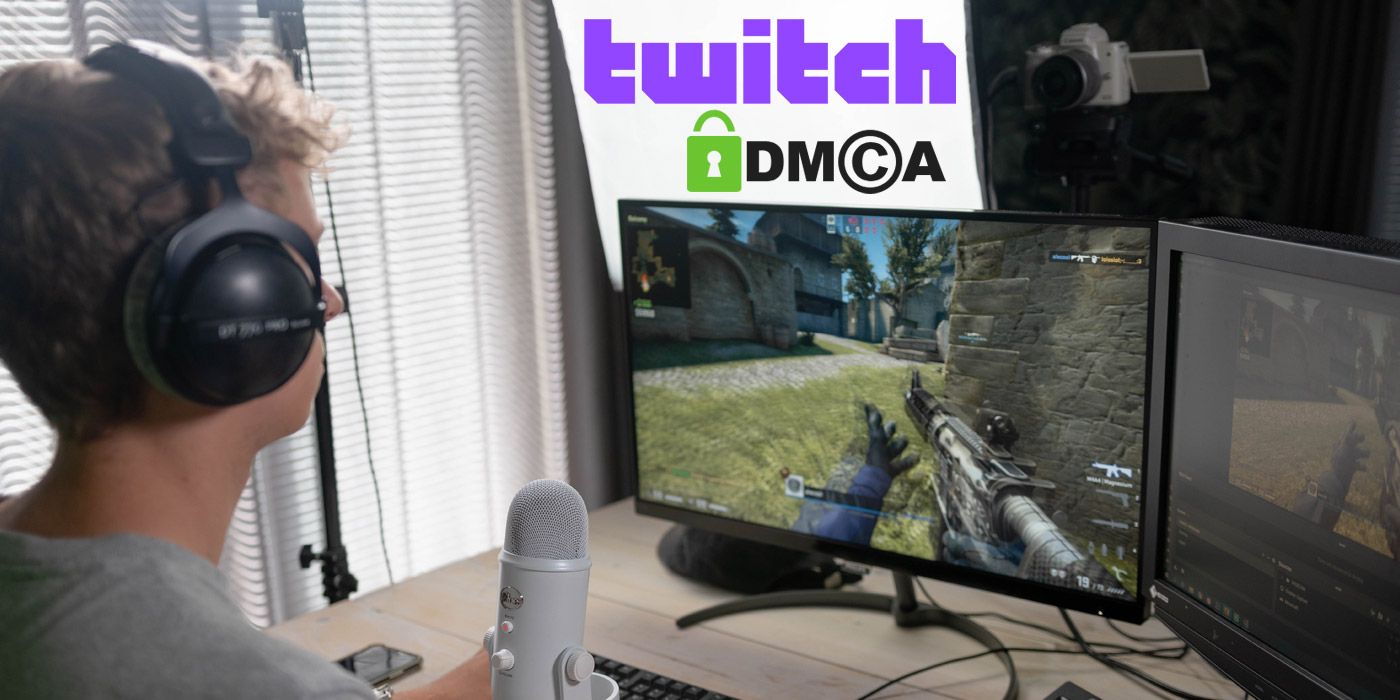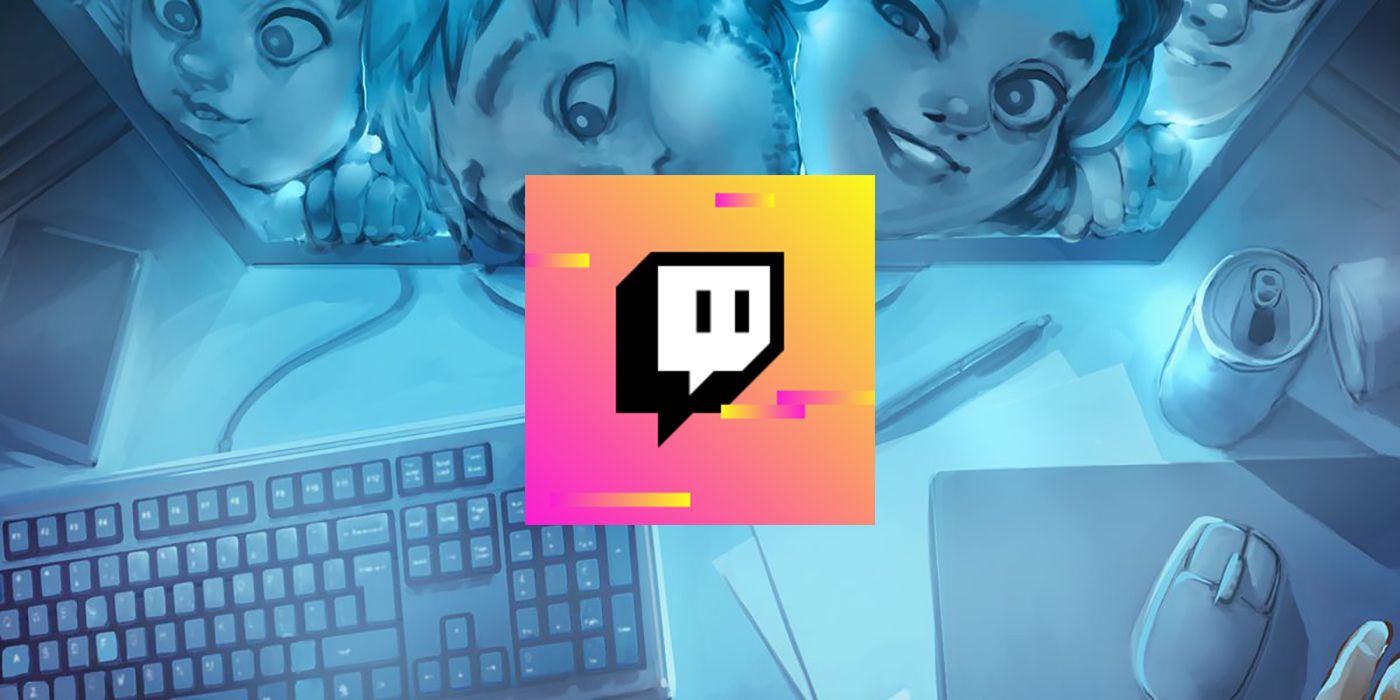As congressional lawmakers in the United States prepare to pass the second long-awaited coronavirus stimulus relief tonight, millions of Americans prepare for how the bill will potentially affect them in the coming year. After weeks of deliberation and stalling between the Republican and Democratic parties, Congress reached a bipartisan agreement on Sunday that would result in a $900 billion package going straight to American citizens and businesses. This bill comes down to the wire, after months of political standoffs held back support from both Senators and Representatives. This stimulus bill is expected to pass by the end of Monday night.
However, alongside the fiscal relief efforts in this bill, is legislation regarding potential copyright law that's become very controversial for Twitch streamers. Judiciary Committees from both sides of the United States Congress came to a consensus on three specific provisions: the CASE Act, the Trademark Modernization Act, and a proposal of felony punishment for unauthorized streaming of copyrighted material. These three legislative efforts have garnered controversy for a while, but including these provisions into a wide-sweeping stimulus bill (which is likely to pass with vast majority) may impact livestreaming communities like Twitch moving forward.
What Copyright Legislation Is Attached to the Stimulus Bill?
Streamers on Twitch infamously saw a huge swath of DMCA copyright claims this year on their content. Many creators rushed to purge VODs and clips that could potentially be taken down and struck for infringement, leading to a widespread purge of archived content. As if that trouble wasn't wide-sweeping enough, these three provisions that are attached to the expected-to-pass stimulus package could potentially exacerbate these copyright issues, if left unamended.
The CASE Act (Copyright Alternative in Small-Claims Enforcement Act) was originally introduced in 2019, designed with the intent to provide content creators easier options to enact copyright claims. The current legislative framework for copyright suits requires that all infringement cases be filed under federal court. The CASE Act would create a new subsection of the U.S. Copyright Office, where copyright claims officers would arbitrate infringement cases in a time and cost-efficient manner. Acting as a sort-of copyright small-claims court, individual damages from each claim would not exceed $15,000, and total cost for the suit would not exceed $30,000 in damages.
The Trademark Modernization Act is intended to allow third-party entities the ability to submit claims to reject certain trademark applications. Acting separate from the U.S. Patent and Trademark Office, the idea is to provide third parties the capability of combating trademark "trolls," who theoretically submit bogus trademark filings. The final provision, however, is the most heinous to streamers. Introduced by U.S. Senator Thom Tillis (R-NC), his provision provides the Justice Department with the capability of charging businesses with felony offenses for the intentional streaming of copyrighted material online.
All three of these provisions would be ratified as law once the overarching December 2020 stimulus bill is passed by Congress, and subsequently signed by the president.
What These Provisions Do For Copyright Holders
These three provisions could potentially affect livestreaming on Twitch, though they don't specifically point out creators. Consistently throughout 2020 have there been reports on how the DMCA and copyright infringement has troubled streamers. That final provision could put streamers in jeopardy of committing a felony crime, because contractually speaking, Twitch streamers don't necessarily have the right to broadcast the contents of video games. A recent example of this issue in particular popped up with players streaming Cyberpunk 2077, specifically those who were receiving DMCA copyright strikes on music that was supposed to be broadcast-safe.
Copyright holders, with these provisions, would have more leverage on enforcing copyright strikes on Twitch streamers or content creators. This is because, under this provision, copyright suits on things like Twitch streams could potentially be pursued with felony charges, if that creator is found guilty. That infringement technically falls under the "public performance" clause of copyright infringement (a misdemeanor), meaning the illegal broadcast of copyrighted content to viewers/listeners/etc. Previously, felony convictions for copyright infringement were strictly reserved for "reproduction/distribution" clauses, as in uploading non-original content publicly.
There is Hope for Streamers and Content Creators
Streamers in particular would then be subject to felony charges if sued by the copyright holder. Pair that with the CASE Act, which theoretically would streamline the process and cost of copyright infringement lawsuits, and these laws will have a wide area-of-influence on content creators. Most opponents of the CASE Act have stated that standard internet usage could hypothetically be sued under the CASE Act, but streamers and content creators will be the ones with targets on their backs. However, the provisions in the bill are not as potentially damaging to content creators as it once seemed.
Stipulations in the bill call out the sharing of copyrighted material "for purposes of commercial advantage or private financial gain" specifically. Verbiage in the bill specifically points out "digital transmission services," rather than content creators. The term "services" encompasses businesses like illegal streaming sites instead, where people can watch TV/Film online "for free." Content creator businesses (Streamers, YouTubers, etc.) appear to be exempt from this portion of the bill. However, that doesn't mean the CASE Act cannot be used by copyright holders to enforce fines on creators without prior notice.
At the moment, content creators appear to be safe from that clause regarding felony punishment. Since the felony punishment was technically classified for illegal "transmission services," of which a streamer playing music in the background while talking is definitely not, it may not be as impactful as previously expected.




